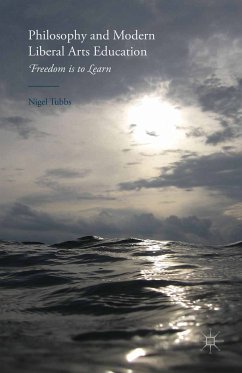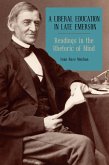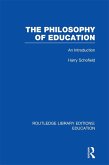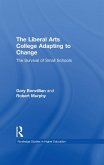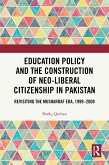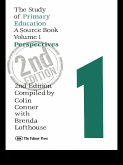Controversy over what role "e;the great books"e; should play in college curricula and questions about who defines "e;the literary canon"e; are at the forefront of debates in higher education. The Politics of Liberal Education enters this discussion with a sophisticated defense of educational reform in response to attacks by academic traditionalists. The authors here-themselves distinguished scholars and educators-share the belief that American schools, colleges, and universities can do a far better job of educating the nation's increasingly diverse population and that the liberal arts must play a central role in providing students with the resources they need to meet the challenges of a rapidly changing world.Within this area of consensus, however, the contributors display a wide range of approaches, illuminating the issues from the perspectives of their particular disciplines-classics, education, English, history, and philosophy, among others-and their individual experiences as teachers. Among the topics they discuss are canon-formation in the ancient world, the idea of a "e;common culture,"e; and the educational implications of such social movements as feminism, technological changes including computers and television, and intellectual developments such as "e;theory."e; Readers interested in the controversies over American education will find this volume an informed alternative to sensationalized treatments of these issues.Contributors. Stanley Fish, Phyllis Franklin, Henry Louis Gates Jr., Henry A. Giroux, Darryl J. Gless, Gerald Graff, Barbara Herrnstein Smith, George A. Kennedy, Bruce Kuklick, Richard A. Lanham, Elizabeth Kamarck Minnich, Alexander Nehamas, Mary Louise Pratt, Richard Rorty, Eve Kosofsky Sedgwick
Dieser Download kann aus rechtlichen Gründen nur mit Rechnungsadresse in A, B, BG, CY, CZ, D, DK, EW, E, FIN, F, GR, HR, H, IRL, I, LT, L, LR, M, NL, PL, P, R, S, SLO, SK ausgeliefert werden.



